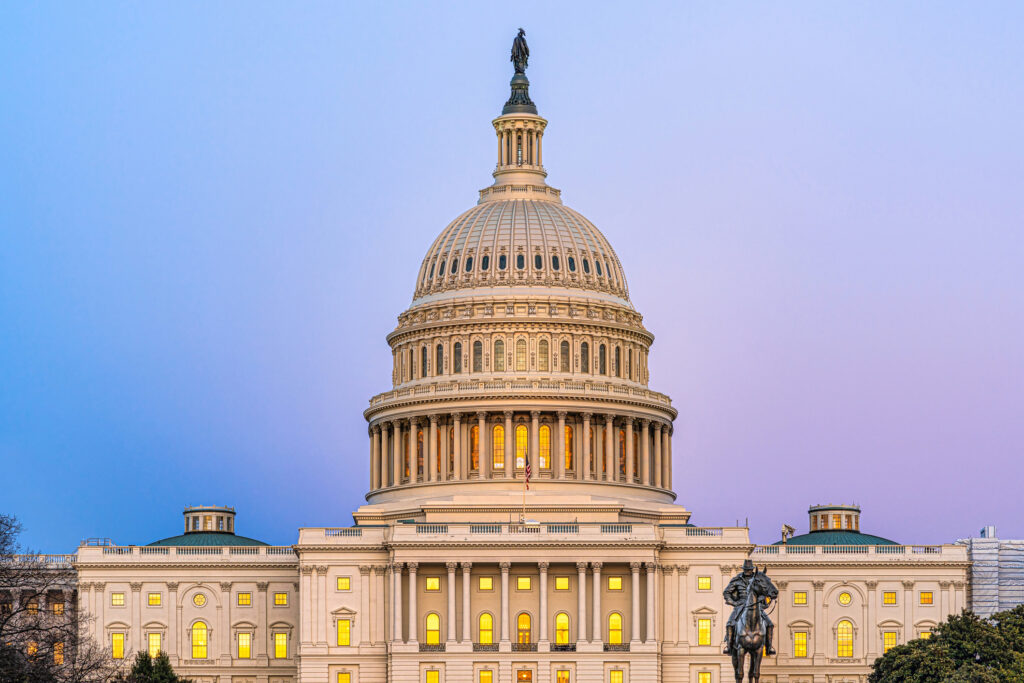
By Lewis Nibbelin, Analysis Author, Triple-I
With final week’s finish of the longest U.S. authorities shutdown in historical past, Congress reauthorized FEMA’s Nationwide Flood Insurance coverage Program (NFIP).
Throughout the shutdown, the NFIP continued to pay claims utilizing accessible funds, however it couldn’t promote or renew insurance policies till reauthorized. These restrictions affected an estimated 1,300 property gross sales every day, as potential property house owners should buy flood protection in Particular Flood Hazard Areas (SFHA), the place personal flood choices – regardless of gaining traction – are nonetheless restricted.
With tens of millions of house owners and numerous communities counting on the NFIP, many organizations throughout the danger and insurance coverage business despatched a letter urging congressional leaders to reauthorize NFIP forward of its expiration, writing {that a} lapse “may additional impression reasonably priced housing, create extra challenges for small companies, unnecessarily additional enhance the price of homeownership, and have to be averted.”
Whereas reauthorization permits NFIP insurers to retroactively subject insurance policies for purposes acquired through the shutdown, the measure extends their authority solely by Jan. 30, 2026, leaving this system’s destiny an open query. Absent a long-term NFIP authorization invoice, Congress has now reauthorized this system 34 occasions since fiscal 12 months 2017.
Incentivizing danger discount
Flood danger was lengthy thought-about untouchable by personal insurers, which is a big a part of the explanation NFIP exists. Whereas personal participation within the flood market has grown lately, NFIP stays a vital supply of safety for this rising and underinsured peril.
Past offering financial safety for policyholders, the NFIP additionally performs a vital position in selling local weather resilience, significantly by its Neighborhood Ranking System (CRS). A voluntary program, the CRS rewards owners with premium reductions when their communities spend money on floodplain administration practices that exceed the NFIP’s minimal requirements, with this system’s highest ranking qualifying residents for a forty five % premium discount.
After the cancellation of different FEMA-managed initiatives like BRIC, the CRS may also help present aid the place nonetheless wanted. As an example, Jefferson Parish owners displaced following Hurricane Ida in 2021 had secured BRIC grants to raise and reconstruct their houses shortly earlier than this system ended, leaving these tasks in limbo. However the CRS now affords residents and companies greater than $12 million in flood insurance coverage financial savings yearly after the parish secured a Class 3 ranking – the primary of its form in Louisiana.
By incentivizing improved constructing codes, citizen consciousness campaigns, and different resilience options, the CRS can be certain that susceptible communities “will proceed to profit from a complete floodplain administration and mitigation plan that helps make us extra resilient within the face of disasters,” mentioned Jefferson Parish President Cynthia Lee Sheng in a assertion. Notably, nonetheless, the parish earned its ranking mere weeks forward of the NFIP lapse, which delayed the reductions from showing in new and renewed insurance policies.
As local weather and weather-related occasions grow to be more and more frequent and extreme, the success of those investments will depend upon proactive methods knowledgeable by well timed, granular knowledge. Although NOAA introduced it might stop monitoring the nation’s costliest disasters earlier this 12 months, nonprofit Local weather Central goals to fill the hole by rebuilding NOAA’s database and increasing it to trace smaller catastrophes, offering insurers and different stakeholders extra dependable info to grasp particular person disasters.
Taken collectively, such efforts may also help insurers precisely mirror rising dangers in insurance coverage pricing whereas partaking with communities and companies in options to maintain protection accessible. Sustaining this stability entails steady collaboration between private and non-private sectors.
Be taught Extra:
JIF 2025: Federal Cuts Imperil Resilience Efforts
Some Climate Service Jobs Being Restored; BRIC Nonetheless Being Litigated
Louisiana Senator Seeks Resumption of Resilience Funding Program
Nonprofit to Rescue NOAA Billion-Greenback Dataset
BRIC Funding Loss Underscores Want for Collective Motion on Local weather Resilience
Hurricane Helene Highlights Inland Flood Safety Hole
Govt Change: Utilizing Superior Instruments to Drill Into Flood Threat
Precisely Writing Flood Protection Hinges on Various Knowledge Sources
Lee County, Fla., Cities May Lose NFIP Flood Insurance coverage Reductions
